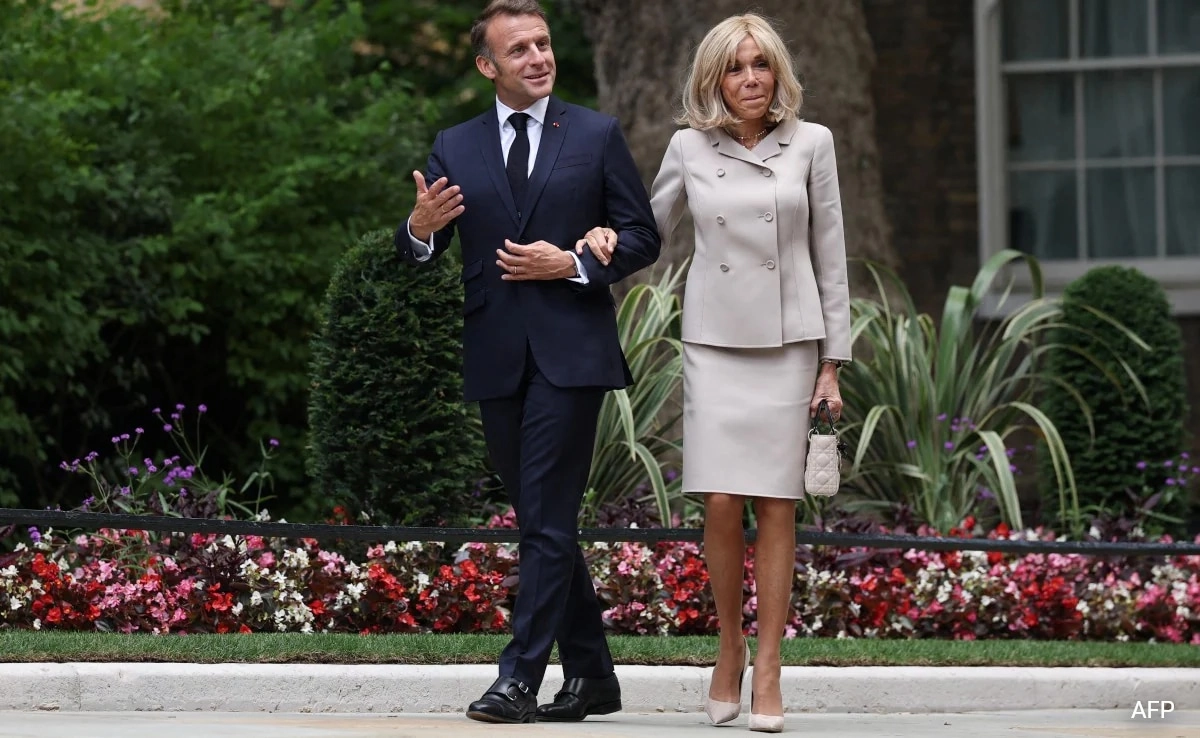The International Monetary Fund (IMF) has provided clarity on the conditions surrounding Pakistan’s anticipated $2.3 billion bailout package, emphasizing that the country must adhere to specific economic reforms before receiving the funds. This bailout is critical for Pakistan, which is grappling with severe economic challenges, including soaring inflation, dwindling foreign reserves, and a burgeoning fiscal deficit. The IMF has underscored that the disbursement of these funds is not merely a matter of financial assistance; it is contingent upon Pakistan implementing necessary structural reforms aimed at stabilizing its economy.
Among the key conditions outlined by the IMF is the need for Pakistan to enhance its fiscal discipline, which includes measures to increase revenue collection and curb unnecessary expenditures. The organization has also stressed the importance of addressing the energy sector’s inefficiencies, which have long plagued the country’s economic landscape. These reforms are designed not only to secure the immediate funds but also to lay a foundation for sustainable economic growth in the long term. The IMF’s insistence on these measures reflects a broader strategy to ensure that the bailout serves as a catalyst for genuine reform rather than a temporary fix to ongoing fiscal issues.
Furthermore, the IMF has highlighted that Pakistan will need to implement policies that promote transparency and good governance. This involves tackling corruption and enhancing the effectiveness of public institutions. By committing to these reforms, Pakistan aims to build investor confidence and restore economic stability. The IMF’s guidance underscores the necessity for Pakistan to adopt a comprehensive approach to its economic challenges, ensuring that the bailout contributes to a more resilient economic framework. As the country navigates these complexities, the collaboration with the IMF will be vital in achieving the desired outcomes and securing a brighter economic future for its citizens.




